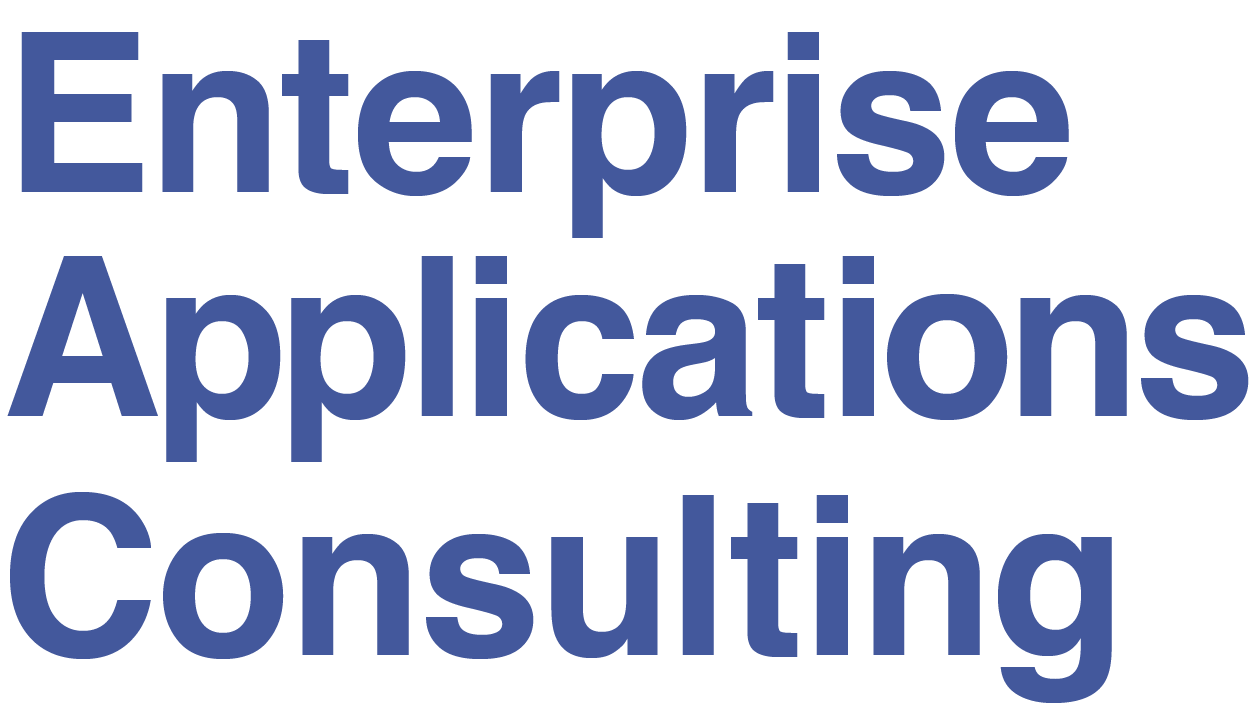One of the great evils of the Internet is anonymity, which has become the true last refuge of the scoundrel. The cloak of anonymity that free email services such as Gmail provide offers a protective cover that allows these scoundrels to plague free commerce sites like Ebay and Craigslist with fraudulent offerings, and haunt the blogosphere with vicious, insensitive, and often libelous comments.
It’s time this practice came to a halt. The abuse of free email services is more than an annoyance. The use of free, anonymous email is the starting point for literally billions of dollars of fraud, counterfeiting, and other outright criminal behavior that threatens legitimate commerce. Free, anonymous email is where the purveyors of spam, phishing, malware, and their ilk get started. And dealing with the problem of free, anonymous email is the best place to start in curtailing the enormity of the crime and other illicit behavior on the Internet.
This is why I’ve been watching a court case unfold in Manhattan Supreme Court that may, just may, begin to help solve the problem. The case, in a nutshell, is that a New York model, Liskula Cohen, feels she was libeled by people posting comments on a blog hosted by Google subsidiary Blogger.com. Her suit, which was filed this week, seeks a court order forcing Google to reveal the names of these individuals so that she can take them to court.
It’s amazing to see the viciousness of some of the comments about her from the initial posting, and the follow-up comments about her action since she launched her suit. So vicious I’m going to resist linking them here: Suffice to say many of these comments are ugly enough to constitute assault in both the de facto and de jure sense of the word. To give the sentiment a perhaps too macho spin, if someone said some of these things to my face about me or my loved ones, let’s just say it would take a lot of anger management training to keep a lid on my reaction.
There are serious First Amendment issues about criminalizing anonymous free speech, going back to the pamphleteers who operated anonymously – for good and evil’s sake – at the dawn of our country. And I’m not sure that Cohen’s case will prevail – there seems to be some precedent for protecting Internet anonymity as a First Amendment issue – even though I think there may be room in the First Amendment to allow an injured party to discover the real identities of the libelers and defrauders who write the kinds of things that were written about Liskula.
That’s where a little self-regulation is in store. Google, Microsoft, Yahoo, and other major purveyors of free email – along with the major blog and e-commerce sites – need to band together to come up with a united front against anonymous email – while still maintaining email’s free status, as needed. If the top three or four email providers enforced some basic requirements for identity, and were seconded by the major e-commerce sites, the ability of the criminals and creeps to destroy the value of public discourse and e-commerce would be greatly curtailed. Certainly, there would still be anonymous email providers, and Internet-based malfeasance, but the requirement to identify oneself – even in terms of accepting a free Internet-based service – could make a huge difference in curtailing criminal and just plain nasty behavior on the Internet.
Right now, the standard is benign neglect. Blogger.com’s terms of service state the following:
HATEFUL CONTENT: Users may not publish material that promotes hate toward groups based on race or ethnic origin, religion, disability, gender, age, veteran status, and sexual orientation/gender identity.
VIOLENT CONTENT: Users may not publish direct threats of violence against any person or group of people.
These terms of course leave out hateful content directed towards individuals, and, regardless, essentially promise no enforcement will be forthcoming from Google.
I doubt the companies I’ve mentioned have the courage to do this, despite their public personnas as benevolent public citizens. But you never know – maybe the Liskula Cohen lawsuit, the myriad suits against Ebay for fraud, and the growing fraud plague that stalks Craigslist, will get these companies to wake up to the problem that anonymous email has caused, and deal with it. Before things get even more out of hand than they already are.

I see your point, but freedom lovers may find the need for anonymous email. What about privacy rights from the other side of the coin?
Do you really think the Internet is too anonymous? People get in trouble all the time for want they write in emails. Email is not very forgiving and can be pretty damaging.
How do you define this need that “freedom lovers” have for anonymous email? I’d be interested in how you define that need. Same with privacy rights: how does the right to privacy translate into a right to anonymity?
Josh